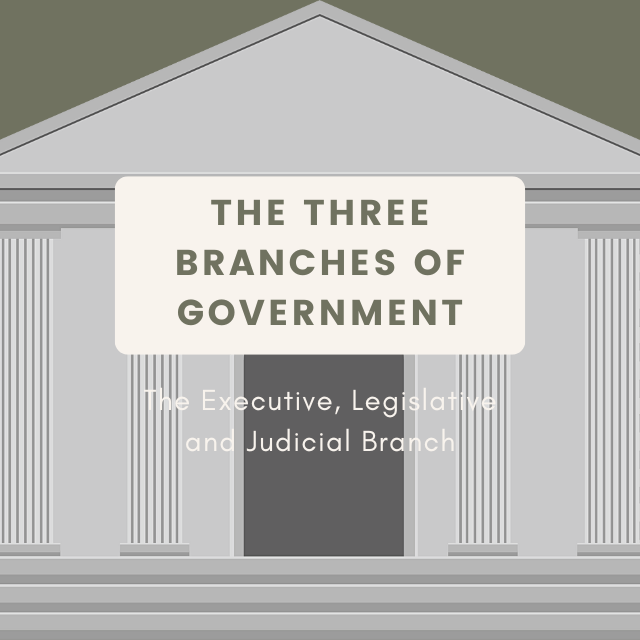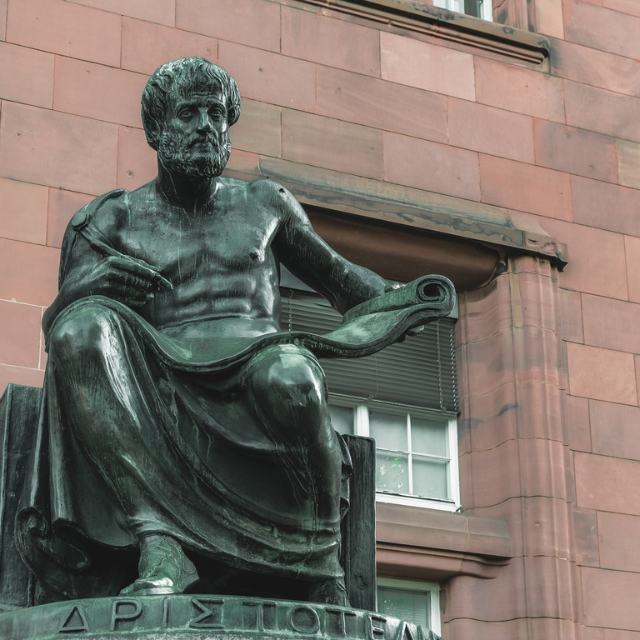Everything You Need to Know about Coups and Rebellions
All successful and failed coups, rebellions, or uprisings have altered the course of history. Anyone interested in politics, history, or international events will benefit on understanding the many forms of coups and rebellions as well as their effects on society.

What do I mean by coup?
In simple terms, a coup or a coup d'état, is the act of successfully or attempting to overthrow a government, typically with the use of force.
But for this blog post, we will be considering coups, rebellions, insurgences, liberations, etc., as the same thing.
Reasons for coups to happen
Coups can happen for a variety of reasons, depending on the specific political, social, and economic context of a country.
The reasons for the occurrences of coups can be summed up by the following factors:
- Grievances and discontent: Social and economic grievances, such as widespread corruption, inequality, poverty, or social unrest, can fuel discontent among certain groups in society. Coups may be seen as a way to address these grievances and bring about change, particularly if peaceful means of redress or reforms are perceived as ineffective or unavailable.
- The breakdown of democratic processes: In some cases, coups may occur when democratic processes, such as elections, are perceived as flawed, rigged, or illegitimate, leading to a loss of faith in the democratic system and a resort to undemocratic means, including coups, to change or seize power.
Specific factors for coups to happen
Prolonged Economic Crisis
A country that is in the brink of economical collapse is susceptible to coups, rebellions, and insurgences.
In a economic crisis, the country is in risk of:
- Higher unemployment rate: A high level of unemployment can lead to poverty and reduced consumer spending, which will inevitably lead to social unrest.
- Inflation: This refers to the prices of goods and services increasing rapidly, which will decrease the purchasing power of consumers.
- Devaluation of the country's currency: Not only will this affect the purchasing power of the consumers, but also lose domestic and foreign investors of the country.
- Reduced government revenue: A low government revenue can make it difficult for the government to fund critical public services and infrastructure, which will lead to decline of the country's economic growth.
All of this results into more political instability and social unrest.
If a ruler has run out of money, with which to pay his supporters, it becomes far easier for someone else to make coalition members an attractive offer. - From the Dictator's Handbook
Political instability
When there is a perceived or real breakdown of the existing political order, some individuals or groups may see a coup as a means to seize power and restore stability or implement their own vision for the country.
An example of this would be Afghanistan, it has failed to establish and uphold effective control over the country, which led to groups like the Taliban fighting for political power and control.
Political instability will inevitably lead to other problems that are likely to induce coups and rebellions, problems such as: Economic underdevelopment, social unrest, humanitarian crisis’s, etc.
Power struggles and rivalries
Ambitions individuals and rivalries among different factions, groups, or individuals can lead to coups.
This can occur when a group or individual seeks to overthrow another group or individual in order to gain or consolidate power, or when there are competing interests and factions vying for control over state resources or policies.
Military intervention
The military, as a powerful institution in many countries, may intervene in politics and attempt to seize power through a coup.
This can be motivated by a variety of factors, such as perceived threats to the military's interests, dissatisfaction with civilian leadership, or a belief that the military is best positioned to restore order or protect national stability.
External factors / Foreign intervention
Foreign powers or external factors may support or even orchestrate a coup in another country for their own strategic, political, or economic interests.
This could include providing financial, logistical, or military support to coup plotters, or using covert means to destabilize a foreign government and facilitate a change in power.
Types of Coups
Liberation
This typically happens when a groups or groups of people feel oppressed, marginalized, or has been denied basic rights and freedom.
Liberating the country usually starts in a form of peaceful protests and civil disobedience.
When grievances and discontent is left unaddressed however, the peaceful protests and civil disobedience will inevitably transition into rebellions and revolutions.
Military coups
This type of coup involves the use of military force to overthrow a government.
It is typically carried out by a group of high-ranking military officers who seize control of key government institutions and infrastructure.
Coups that are led by civilians
This type of coup involves civilians, political leaders, activists, and other influential individuals, who use non-military means such as protests, demonstrations, strikes, or other forms of civil disobedience to topple the government and seize power.
Coups that are influenced by foreign powers
This type of coup involves a foreign power or external actors orchestrating and supporting a coup in another country.
This could include providing financial, logistical, or military support to coup plotters or using covert means to destabilize a foreign government and facilitate a change in power.
Civil War
What is Civil War?
A Civil War is defined as a conflict between two or more groups that reside in the same country.
Civil wars can happen sue to various reasons, including:
- Political grievances: When a group feels excluded from political power or has grievances about the political system, it can lead to civil war. This can happen when one group controls the government and uses its power to suppress other groups.
- Economic inequality: When people feel that they are being economically marginalized, they may resort to violence to demand a more equitable distribution of resources.
- Ethnic or religious differences: Differences in ethnicity or religion can lead to civil war, especially when groups feel threatened by each other or when there is a history of discrimination and persecution.
- Historical animosity: Historical grievances, such as unresolved conflicts or grievances from the past, can also contribute to civil war. These grievances can be deep-seated and may require a significant effort to address and resolve.
How do coups succeed?
The lack of resistance from the citizens
Regardless of the reason be it because of fear, indifference, etc., one of the reasons on why coups succeeds is due to the lack of resistance from the citizens.
And this is true because of a simple fact: The new head of the country will have an easier time maintaining his regime if there is no defiant citizens creating political instability—It is that simple.
The Loss of Government Control
When a coup d'état occurs and the existing government loses control, it creates a power vacuum and a situation of political instability. There is not much else to say.
What happens if a coup failed?
After a failed coup, the rebels might be discouraged at pursuing their mission.
The current regime however, must deal with the political instability and social unrest that the rebellion has cause, otherwise they risk facing off on another coup or rebellion in the near future.
What happens if the coup is successful?
After successfully overthrowing a Government, the head of the coup typically have some of his own officials discarded off, and recruit some of the old regime’s coalition supporters.
The reasoning for discarding his own allies can be explained by the following reasons:
- The country’s treasury is limited: The lesser the coalition, the larger the percentage of riches each member of the coalition has.
- They have lost their use: Gaining power and maintaining power are two different games, keeping allies who were useful then, but are useless now is no different than throwing money to the wind.
- To protect himself from countercoups: Sometimes, old allies are discarded to minimize the risk of a countercoup.
The reasoning for the new head of the country to hire the old regime’s coalition supporters can be explained by the following reasons:
- The old regime’s coalition members have influence on essential groups: with the old regime's members' loyalty, the new head can maintain political stability and may even gain new supporters.
- Expertise and knowledge: The old coalition’s members might be more competent at doing their job, so by hiring them, the new head won’t have to worry about teaching and educating his allies to become proficient at their work.
- To avoid retaliation: By offering them positions in the new government, the new head of the country can reduce the risk of a countercoup, this also helps maintain political stability.
Copyright ©2023 by Marshall Vulta




Comments ()